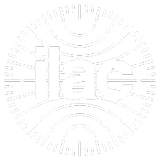Inspection News
Quality Control in the Renewable Energy Industry: Discussing Testing Requirements for Renewable Energy Systems to Ensure Efficiency and Longevity
The renewable energy industry is rapidly evolving, with technologies like wind turbines and solar panels playing a crucial role in sustainable energy solutions. To ensure these systems operate efficiently and have a long lifespan, rigorous quality control is essential. This article discusses the testing requirements for renewable energy systems, focusing on wind turbines and solar panels, and highlights the importance of quality control in maintaining their performance and durability.
1. The Importance of Quality Control in Renewable Energy Systems
Quality control in the renewable energy industry involves evaluating and testing renewable energy systems to ensure they meet performance and reliability standards. As the demand for renewable energy grows, ensuring that wind turbines and solar panels operate efficiently and have a long operational life is crucial. Rigorous testing helps prevent issues such as component failures, inefficiencies, and safety hazards, thereby protecting investments and ensuring reliable energy production.

2. Testing Requirements for Wind Turbines
Wind turbines are complex systems that require thorough testing to ensure their effectiveness and longevity. Key testing requirements include:
- Structural Integrity Testing: Wind turbines must withstand extreme weather conditions and mechanical stresses. Testing includes evaluating the structural integrity of the tower, rotor blades, and nacelle to ensure they can endure operational and environmental stresses.
- Performance Testing: Wind turbines undergo performance testing to verify that they generate power efficiently under various wind conditions. This includes measuring the turbine’s power output, efficiency, and response to different wind speeds.
- Safety and Reliability Testing: Ensuring the safety and reliability of wind turbines is essential. This involves testing safety systems, such as emergency shutdown mechanisms and fire suppression systems, to ensure they function correctly in critical situations.
- Environmental Impact Testing: Wind turbines must be tested for their environmental impact, including noise levels and potential effects on wildlife. This helps ensure that the turbines meet environmental regulations and minimize their impact on local ecosystems.
3. Testing Requirements for Solar Panels
Solar panels are vital for harnessing solar energy, and their quality control involves several key testing processes:
- Durability Testing: Solar panels must withstand various environmental conditions, including UV radiation, moisture, and temperature fluctuations. Testing includes assessing the panels’ resistance to these conditions to ensure long-term performance and reliability.
- Efficiency Testing: Efficiency testing measures how effectively solar panels convert sunlight into electrical energy. This includes evaluating the panels’ performance under different light conditions and temperatures to ensure they meet efficiency standards.
- Electrical Safety Testing: Ensuring electrical safety is critical for solar panels. Testing involves checking for proper insulation, grounding, and protection against electrical faults to prevent hazards such as electrical fires or shocks.
- Performance Monitoring: Continuous performance monitoring is essential for solar panels to track their output over time. This helps detect any issues early and ensures that the panels continue to operate efficiently throughout their lifespan.
4. Benefits of Rigorous Quality Control
Implementing stringent quality control processes in renewable energy systems offers several benefits:
- Enhanced Efficiency: Thorough testing ensures that wind turbines and solar panels operate at peak efficiency, maximizing energy production and reducing operational costs.
- Extended Longevity: Quality control helps identify and address potential issues before they lead to failures, extending the operational life of renewable energy systems.
- Increased Reliability: Reliable systems contribute to consistent energy production, which is crucial for meeting energy demands and maintaining grid stability.
- Compliance with Regulations: Rigorous testing ensures that renewable energy systems meet industry standards and regulatory requirements, facilitating smoother project approvals and reducing the risk of non-compliance.
5. Conclusion
Quality control in the renewable energy industry is essential for ensuring the efficiency and longevity of renewable energy systems like wind turbines and solar panels. By adhering to rigorous testing requirements, the industry can prevent issues, enhance performance, and ensure the reliability of these critical technologies. As the renewable energy sector continues to grow, maintaining high-quality standards through comprehensive testing will be key to achieving sustainable energy goals and advancing global energy solutions.
Understanding and implementing thorough quality control processes is crucial for the success and sustainability of renewable energy systems.
If you need professional quality control inspection services, contact VIS today! We ensure your product quality every step of the way.











